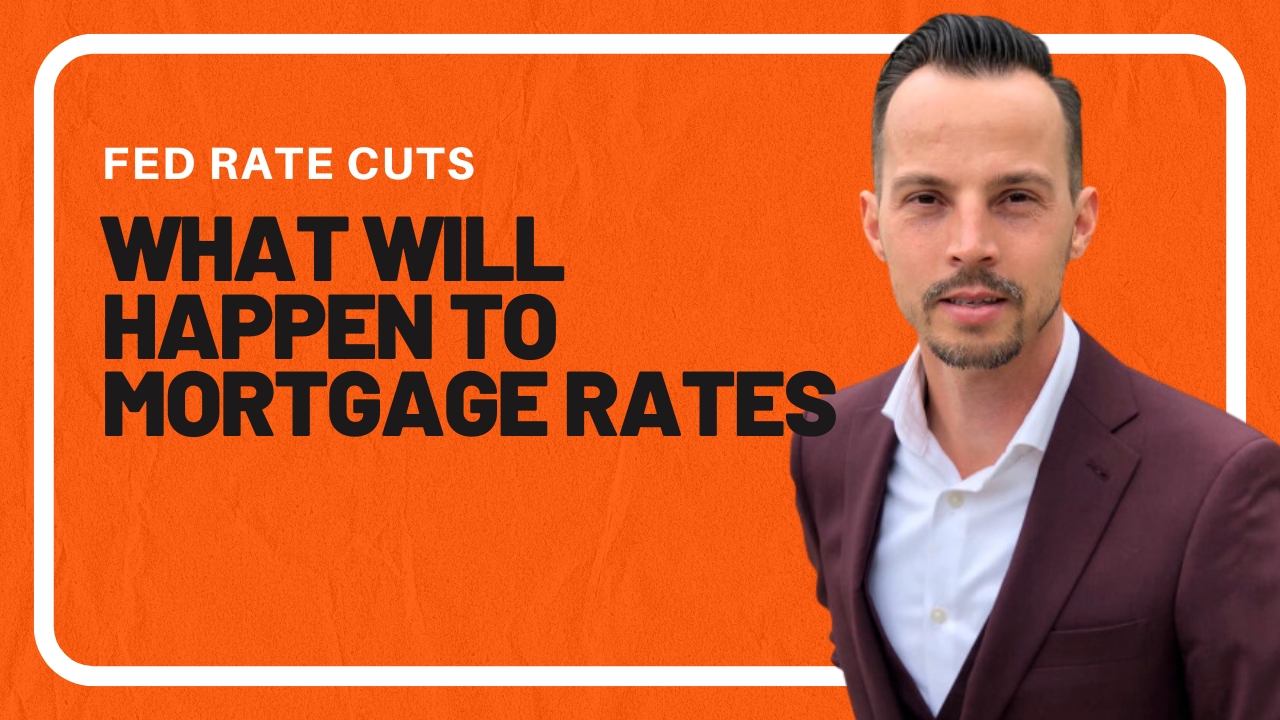What Will Happen to Mortgage Rates After This Week's Fed Rate Cut? As we approach…
Unraveling Mortgage Rates: What Drives and Determines Them
Unraveling Idaho Mortgage Rates: What Drives and Determines Them
Understanding the Fluctuations of Mortgage Rates
Navigating mortgage rates can be daunting, especially when trying to understand what drives and determines these rates. From external economic factors to personal financial health, a variety of elements can influence the rates you are offered. Whether you’re buying your first home or refinancing, knowing these factors can help you secure the best possible rate.
The Economy and Mortgage Rates
How Economic Conditions Impact Rates:
- General Economic Health:
- When the economy is robust, mortgage rates tend to rise. For example, during economic recovery phases, like post-2020 when rates dropped due to the pandemic’s impact on the economy, rates are adjusted in response to changing economic conditions.
- Inflation:
- Inflation directly influences mortgage rates. As inflation rises, so do mortgage rates, reflecting the increased cost of borrowing.
- Federal Funds Rate:
- While mortgage rates don’t directly follow the federal funds rate set by the Federal Reserve, this rate indicates overall economic conditions. A higher federal funds rate often suggests a stronger economy, which can lead to higher mortgage rates.
Personal Financial Factors You Can Control
Enhancing Your Mortgage Eligibility:
- Credit Score:
- Your credit score plays a crucial role in the rates you receive. Higher scores indicate lower risk to lenders, potentially leading to better rates. For instance, improving your score from fair to good can significantly affect the rates you’re eligible for.
- Debt-to-Income Ratio (DTI):
- Lenders analyze your DTI to gauge the risk of lending to you. A lower DTI can make you a more attractive borrower and help you secure lower rates.
- Down Payment:
- The amount of your down payment can also influence your mortgage rate. Larger down payments often result in lower rates because they reduce the lender’s risk.
- Type of Mortgage:
- The type of mortgage you choose affects your rate. Government-backed options like FHA, VA, loans typically offer lower rates due to federal backing, which decreases the lender’s risk.
- Mortgage Term:
- Opting for a shorter mortgage term can lead to lower rates but higher monthly payments. This trade-off can be beneficial if you’re able to manage the higher payments over a shorter period.
How to Secure the Best Mortgage Rate
Steps to Improve Your Mortgage Conditions:
- Work on Personal Factors: Focus on improving your credit score and reducing your DTI through paying down debts.
- Shop Around: Don’t settle for the first rate you get. Compare offers from multiple lenders to find the best rate for your situation.
- Consider Different Mortgage Types and Terms: Evaluate the pros and cons of various mortgage types and terms to find the best fit for your financial situation and housing needs.
Conclusion
Idaho Mortgage rates are influenced by a complex mix of economic and personal factors. By understanding what affects these rates and working on the factors within your control, you can position yourself to secure a more favorable mortgage rate. Whether it’s improving your financial profile or choosing the right mortgage type, each decision plays a critical role in your mortgage journey.




